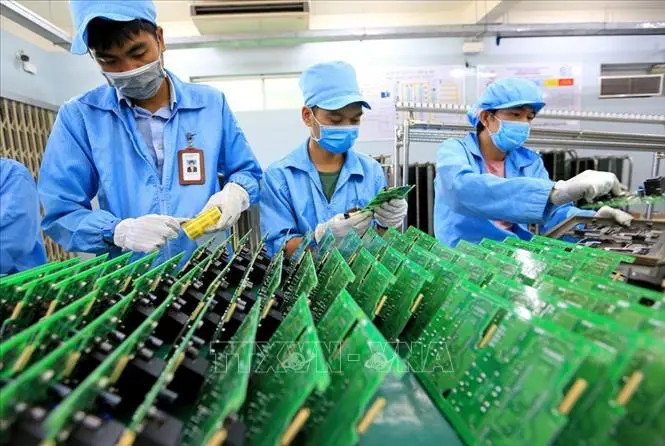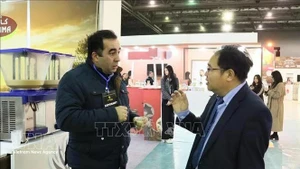The site's article quoted Vietnamese Minister of Science and Technology Huynh Thanh Dat as saying in an interview that the national plan for chips will include industry grants through a science fund and joint state research with private companies like FPT.
Companies from Nvidia to Samsung are looking to expand their chip businesses in Vietnam, which is slated to receive millions from the US CHIPS and Science Act and already hosts Intel's biggest global test and assembly factory.
Meanwhile, Jose Fernandez, US undersecretary of state for economic growth, energy and the environment, told Nikkei Asia that Vietnam has attracted dozens of companies in the semiconductor field, and several more US players would jump in if the country had enough renewable energy to meet their green goals.
The country needs to strike technology transfer deals with nations dominating the chip sector, Dat said, adding Vietnam will sweeten policies to bring foreign experts into the workforce, which has faced a recent slowdown in foreign work permits. Toward that end, colleges are unveiling semiconductor classes in partnership with employers like Samsung.
Vietnam aims to train 50,000 engineers for the industry by 2030. The country has a strong foundation for science and tech education, but a dearth of advanced skills has limited a broader march up the electronics supply chain.
Fernandez said in an interview while visiting Vietnam that the country is a top target for US CHIPS Act subsidies, which will be a "badge" of confidence. The dollar amount will be based on an assessment expected sometime this month.
















